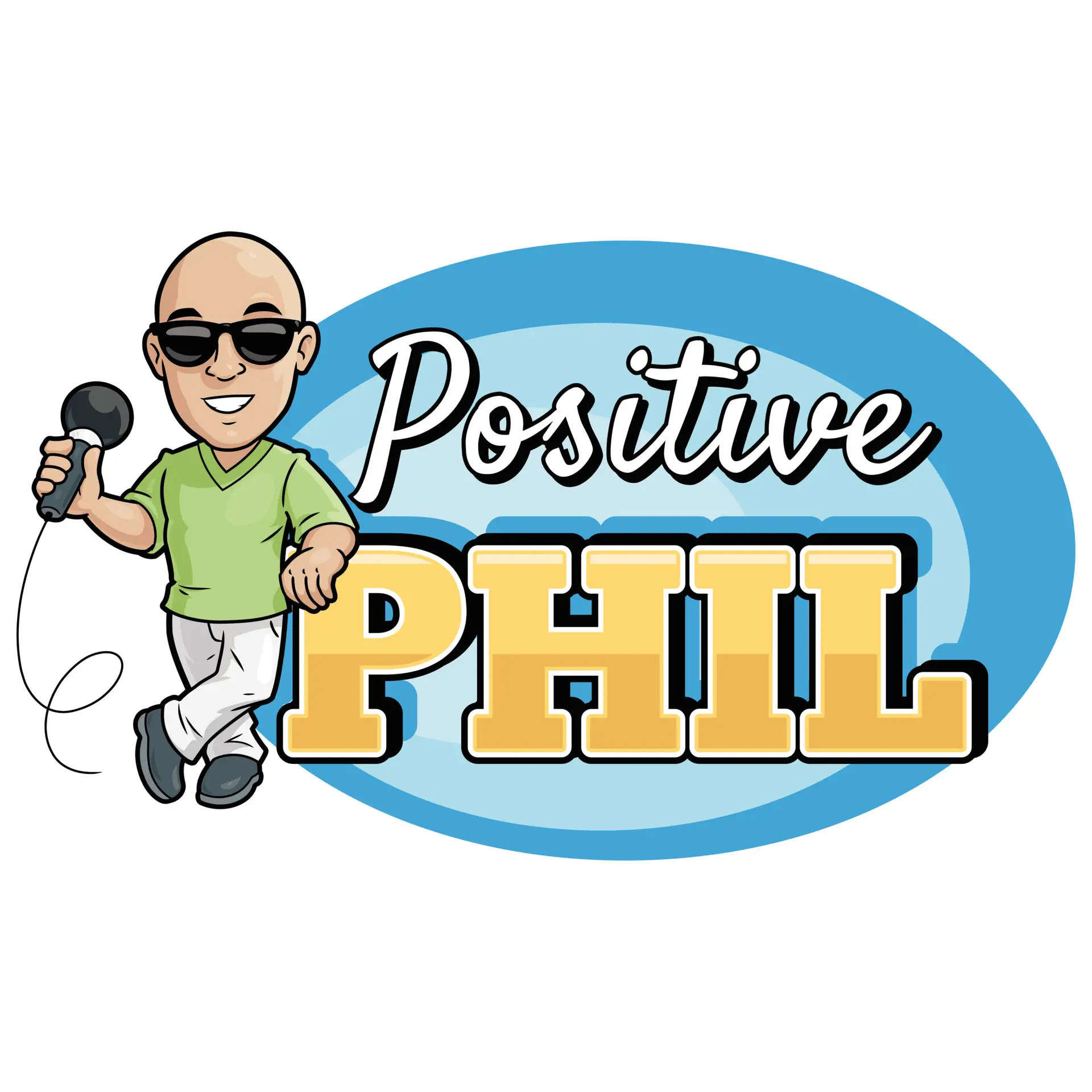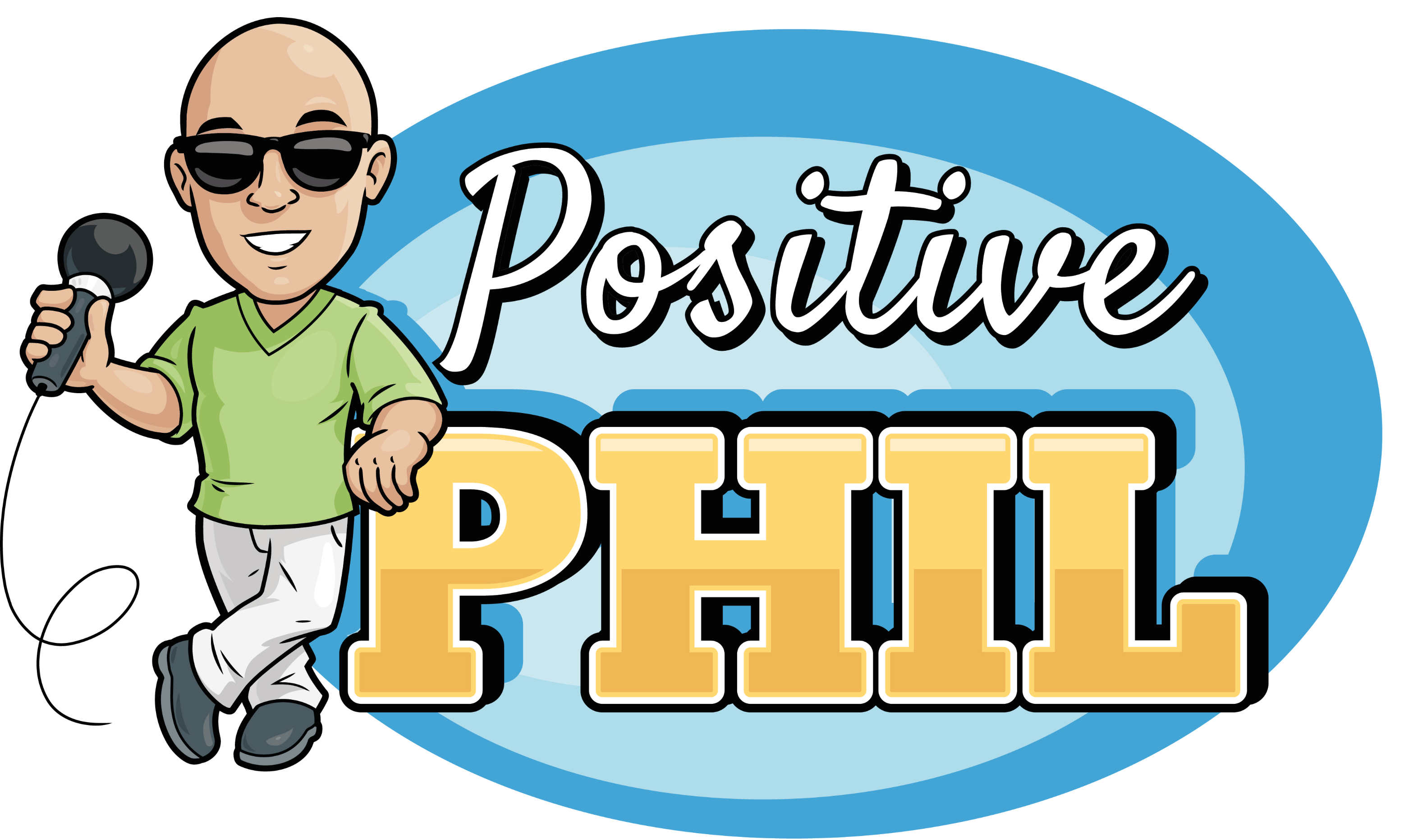In today’s fast-paced world, where stress, negativity, and endless notifications seem to dominate our daily lives, cultivating positive thinking isn’t just a nice-to-have—it’s essential for mental health, productivity, and overall well-being. Positive thinking isn’t about ignoring life’s challenges or pretending everything is perfect; it’s a deliberate practice that rewires your brain to focus on possibilities, gratitude, and resilience. Research from positive psychology experts like Barbara Fredrickson shows that fostering positive emotions can lead to better health, longer life spans, and even professional success. If you’re tired of negative self-talk holding you back, this comprehensive guide is your roadmap to a brighter mindset.
Whether you’re dealing with work burnout, relationship hurdles, or just the general blahs of adulting, these life hacks for positive thinking will help you shift from “I can’t” to “I got this.” Backed by science, real-life examples, and actionable steps, we’ll dive deep into strategies that have transformed lives—including mine. By the end, you’ll have a toolkit to build lasting positivity. Let’s get started on your journey to a more optimistic you.
Why Positive Thinking Matters: The Science Behind a Happier Brain
Before we jump into the hacks, let’s talk about why positive thinking works. Your brain is like a muscle—it strengthens what you use most. Negative thinking creates ruts of anxiety and self-doubt, but positive thinking builds neural pathways for joy and problem-solving. A 2019 study found that optimists live 11-15% longer than pessimists, thanks to lower stress levels and better coping mechanisms.
Consider this: When you dwell on failures, your brain releases cortisol (the stress hormone), which impairs decision-making and even shrinks your hippocampus—the part responsible for memory and learning. Flip the script with positive habits, and you trigger dopamine and serotonin, the “feel-good” chemicals that boost motivation and creativity. In my own life, adopting these practices turned chronic worry into confident action, helping me launch a side hustle that grew into a full-time passion project.
Positive thinking also ripples outward. Optimistic people are more approachable at work, forge stronger relationships, and even recover faster from setbacks. As Joyce Meyer wisely put it, “You cannot have a positive life and a negative mind.” Ready to harness this power? Here are 15 proven life hacks, grouped into daily routines, mindset shifts, and long-term strategies.
Daily Routines: Quick Wins for Instant Positivity
These hacks are bite-sized and easy to weave into your morning coffee or evening wind-down. Start small—one per day—and watch the momentum build.
1. Start Your Day with a Gratitude Dump
Gratitude isn’t fluffy fluff; it’s a neuroscience-backed hack that rewires your brain for positivity. Every morning, jot down three things you’re thankful for—big or small, like a warm bed, a supportive friend, or that first sip of coffee. Studies show this practice increases life satisfaction and reduces negative emotions by shifting focus from lacks to abundances.
Pro Tip: Use a dedicated journal or app. In one experiment, participants who did this for just 21 days reported 25% higher happiness levels. Personally, this hack pulled me out of a post-breakup funk—suddenly, my cozy apartment felt like a sanctuary, not a reminder of loneliness.
2. Craft Morning Affirmations That Stick
Negative self-talk is the thief of joy, whispering lies like “You’re not good enough.” Counter it with affirmations: Positive statements repeated daily to affirm your worth. Try: “I am capable and resilient” or “Today, I choose joy over worry.”
Research from LifeHack emphasizes that affirmations replace limiting beliefs, boosting confidence and reducing stress. Say them in the mirror for extra impact—awkward at first, but transformative. I started with “I attract positive opportunities,” and within weeks, networking doors opened that I never saw before.
3. Curate a Positivity Playlist or Photo Album
Your environment shapes your mood, so hack your senses. Create a phone album of uplifting photos (sunsets, pet memes, achievements) or a playlist of energizing tunes. Glance at or listen during commutes to prime your brain for good vibes.
Psychologists note that visual cues of happiness trick your brain into positivity, mimicking real experiences. This low-effort hack saved my sanity during a tough job hunt—scrolling through “win highlights” reminded me of past triumphs.
4. Practice Mindful Breathing Breaks
When negativity creeps in, pause for a 1-minute breathing exercise: Inhale for 4 counts, hold for 4, exhale for 4. This activates your parasympathetic nervous system, slashing anxiety by 40% in moments.
Tie it to habits like brushing your teeth for automatic positivity sandwiches. I’ve used this mid-meeting to refocus, turning potential meltdowns into calm wins.
5. End Your Day with a “Wins Review”
Before bed, review three “wins” from the day—no matter how tiny (e.g., “I nailed that email”). This combats the negativity bias, where your brain fixates on flaws.
A Medium article highlights how this builds resilience by reinforcing progress. It’s my secret to better sleep and waking up excited, not dreading.
Mindset Shifts: Rewire Your Inner Dialogue
These hacks target the root of negativity, turning “what if I fail?” into “what if I fly?”
6. Challenge Negative Thoughts Like a Detective
Catch a pessimistic thought? Interrogate it: Is it true? Evidence for/against? What’s a balanced view? This cognitive behavioral therapy (CBT) technique from Mayo Clinic reduces self-sabotage by 50%.
For instance, swap “I’ll bomb this presentation” with “I’ve prepared well; one slip won’t define me.” This shift helped me ace public speaking gigs after years of stage fright.
7. Reframe Setbacks as Growth Opportunities
Failure isn’t the end—it’s feedback. Ask: “What can I learn?” instead of “Why me?” Carol Dweck’s growth mindset research shows this fosters resilience and innovation.
After a rejected manuscript, I reframed it as “plot practice,” leading to a better book. Positivity hack: Keep a “lessons learned” log.
8. Surround Yourself with Uplifting Influences
Your circle shapes your thoughts—ditch energy vampires. Seek friends who celebrate wins and media that inspires (podcasts like “The Happiness Lab”).
Inc.com suggests auditing your inputs; positive ones amplify optimism. I unfollowed doom-scroll accounts and joined a positivity book club—game-changer.
9. Visualize Success Before It Happens
Spend 5 minutes daily imagining goals as achieved: Feel the handshake, hear the applause. Athletes use this to boost performance by 20%.
Visualizing my dream career landed me interviews I “knew” I’d crush. Hack: Pair with deep breaths for deeper impact.
10. Embrace “Yet” for Effortless Optimism
Add “yet” to defeats: “I’m not great at this… yet.” This simple word, per growth mindset theory, sparks motivation without pressure. It turned my “I’m bad at cooking” into a fun hobby.
Long-Term Strategies: Build a Positivity Fortress
For lasting change, integrate these into your lifestyle.
11. Get Moving in Nature
Exercise releases endorphins, but add nature for a double whammy: Walks reduce stress by 30% and spark creativity. Aim for 20 minutes daily—my trail runs cleared mental fog like nothing else.
12. Let Go of Past Baggage
Forgive (yourself included) to free mental space. Journal releases or therapy sessions unburden you, paving way for positivity. Dropping old grudges doubled my emotional bandwidth.
13. Laugh It Out—Daily
Humor broadens thinking and cuts tension. Watch a comedy clip or share jokes; laughter yoga even mimics benefits. I schedule “giggle breaks”—essential for balance.
14. Set Micro-Goals and Celebrate
Break big dreams into daily wins, then reward (dance party for tasks done). This dopamine loop sustains positivity. Tracking progress in an app keeps me hooked.
15. Practice Self-Compassion Rituals
Treat yourself like a kind friend. On tough days, soothe with tea and “This is hard, but I’m doing my best.” This hack softened my inner critic into a cheerleader.
Overcoming Common Roadblocks: When Positivity Feels Forced
It’s normal to slip—life throws curveballs. If hacks feel fake, start smaller or track progress weekly. Remember, consistency trumps perfection. A BuzzFeed user shared how bundling outfits reduced decision fatigue, freeing mental energy for positivity. Adapt hacks to fit you; no one-size-fits-all.
For deeper issues like depression, pair these with professional help—positivity amplifies therapy, not replaces it.
Your Positive Future Starts Now: A 30-Day Challenge
Ready to commit? Try this: Week 1, focus on gratitude and affirmations. Week 2, mindset shifts. Week 3, routines. Week 4, strategies. Journal weekly—what worked? Adjust.
In wrapping up, these life hacks for positive thinking aren’t magic pills but powerful tools for a fulfilling life. As one expert notes, “Positive thinking is like a muscle—the more you use it, the stronger it becomes.” You’ve got the blueprint; now build. Share your wins in the comments—what hack will you try first? For more mindset magic, subscribe to Positive Phil for weekly tips. Your brighter tomorrow awaits.


















